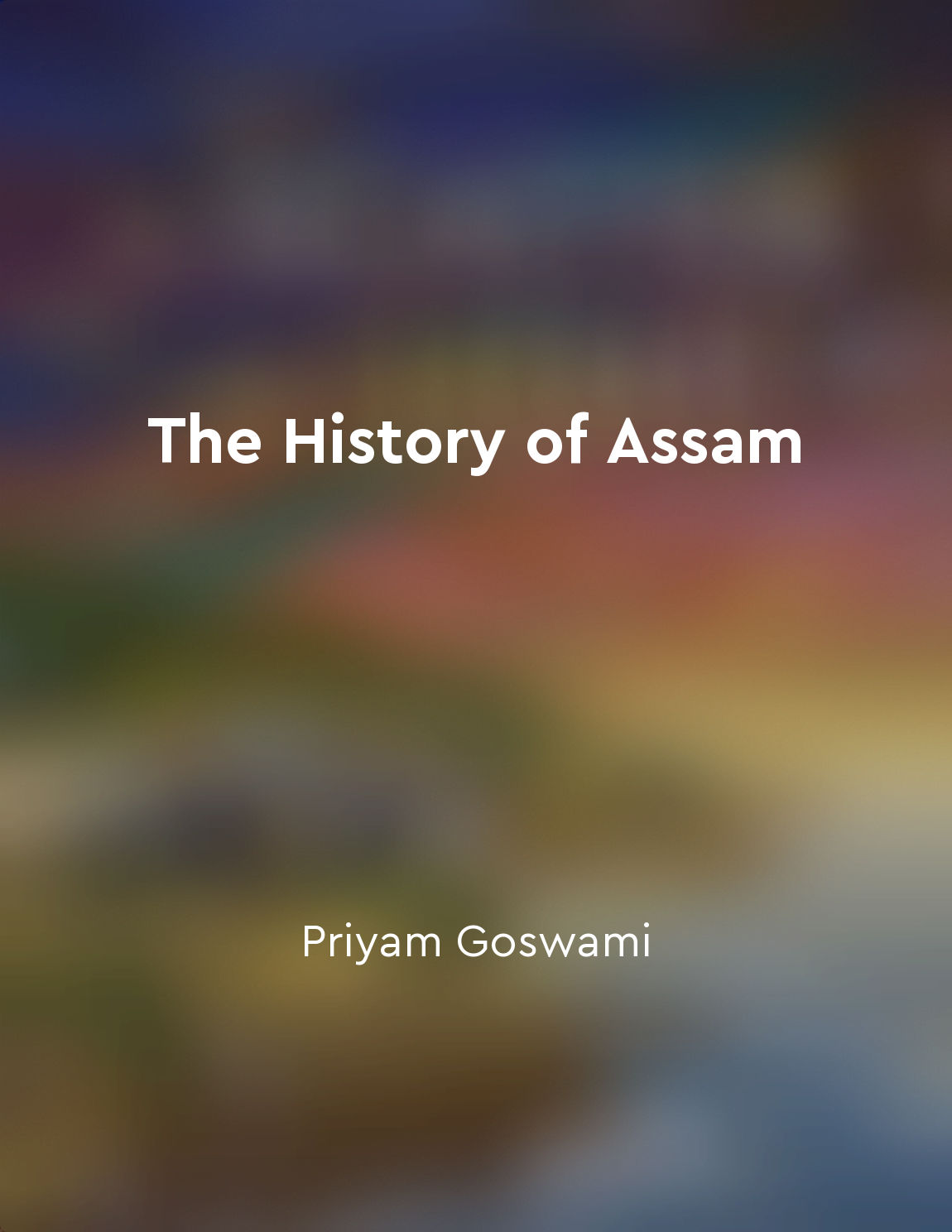The arrival of European traders impacted Indian society from "summary" of A History of India by Romila Thapar
The arrival of European traders in the Indian subcontinent during the early modern period had a profound impact on Indian society. The Portuguese were the first to arrive, followed by the Dutch, the French, and eventually the British. These traders came to India primarily for commercial reasons, seeking to establish trade networks and exploit the rich resources of the region. One of the most significant ways in which European traders impacted Indian society was through the introduction of new goods and technologies. European traders brought with them a variety of products, including textiles, spices, and precious metals, which quickly became popular among Indian consumers. In addition, European traders also introduced new technologies and techniques that revolutionized Indian industries such as textiles and shipbuilding. Another important impact of European traders on Indian society was the disruption of existing trade networks. The arrival of European traders led to the decline of traditional Indian trading communities and the emergence of new economic centers controlled by European companies. This shift in economic power had far-reaching consequences for Indian society, leading to social upheaval and the displacement of traditional artisans and traders. Furthermore, European traders also had a significant impact on Indian politics and governance. As European trading companies expanded their influence in India, they began to interfere in local politics and exert control over Indian rulers. This ultimately led to the establishment of European colonial rule in India, with the British East India Company eventually taking over large parts of the subcontinent.- The arrival of European traders in India during the early modern period had a profound impact on Indian society, leading to the introduction of new goods and technologies, the disruption of existing trade networks, and the establishment of European colonial rule. These changes had far-reaching consequences for Indian society, shaping its development in the centuries to come.
Similar Posts
Spread of dissent
In the tumultuous years following the death of Aurangzeb, the Mughal Empire was on the brink of collapse. As the central author...
Indian literature reflects the country's complex history
The rich tapestry of Indian literature can be viewed as a reflection of the country's tumultuous history. Over the centuries, I...
End of the Company
The East India Company was supposed to be an instrument of British trade, a commercial operation that would bring wealth and pr...
Ancient Indian History is crucial for competitive exams
Ancient Indian History holds significant importance for various competitive exams. It provides a deep understanding of the root...

Assam's architecture reflects a mix of influences
Assam's architecture is a fascinating blend of various influences that have shaped the region's distinct architectural style. T...
Partition of India and its consequences
The partition of India was a traumatic event that occurred in the aftermath of British colonial rule. It marked the division of...
Battle of Buxar
The Battle of Buxar was a turning point in the history of British India. It took place on October 22, 1764, near the town of Bu...
South Asia's art and architecture showcase its rich heritage and craftsmanship
The art and architecture of South Asia stand as a testament to its rich heritage and the unparalleled craftsmanship of its arti...

